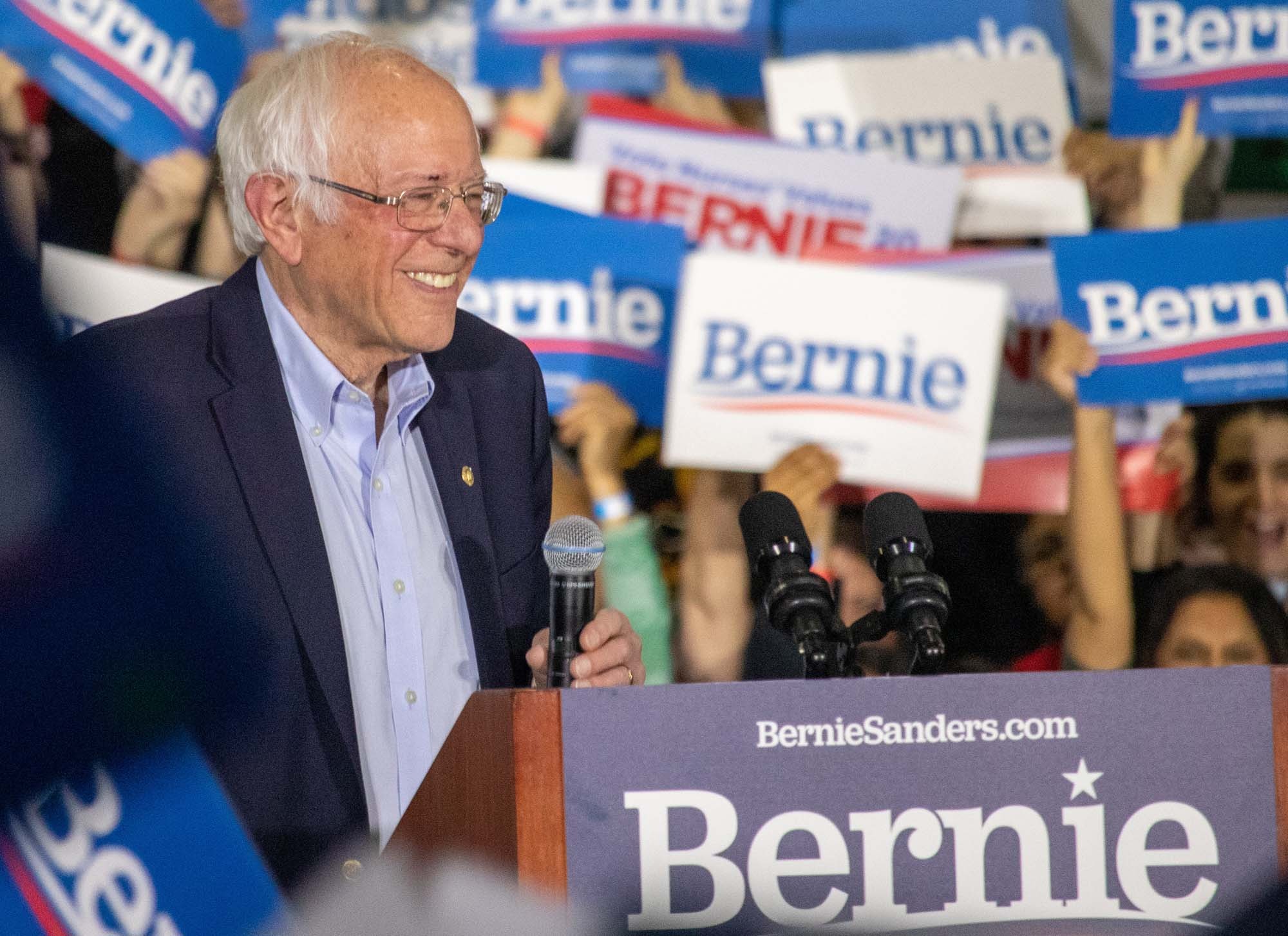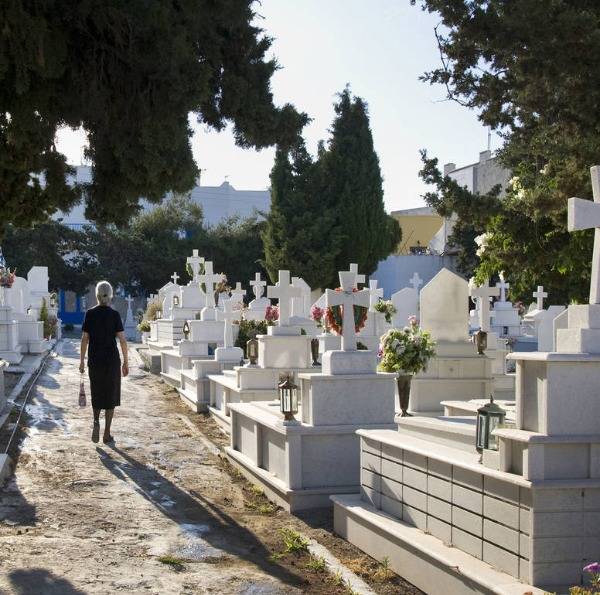
Religion plays a peculiar role in American politics. Some kind of religious posture – assumed to be Christian – has been generally understood as an asset for a presidential candidate. Yet with faith on the decline, nearly two-thirds of Americans say they want religion out of politics. In the Democratic primaries, faith hasn’t garnered much airtime. Vermont Senator Bernie Sanders represents many new possibilities, including becoming the first non-Christian president (aside from some lingering questions around Abraham Lincoln’s personal beliefs).
Most Americans don’t see the Democratic candidates as very religious. Brief questions about faith and religion have punctuated the primaries, mostly in the one-on-one candidate town halls rather than the spectacle of the debate arena. They’ve largely been turned into opportunities for personal sound bites, as when Joe Biden discussed how faith has pulled him through tough times.
The religious identity of a president appears to matter less than the religious constituency their party affiliation tilts them towards. There are two important voting constituencies at either end of the political spectrum: the evangelicals on the right and the Black church on the left. Trump was seen as the least religious of the 2016 Republican primary candidates but struck the same Republican quid pro quo for evangelical support by reframing himself as a warrior for their culture wars, despite lacking consistency or conviction on any of the issues.
The main locus of religion within the Democratic Party is the Black church, a tabernacle where white politicians come calling for the endorsement of the powerful Black political establishment. Both these groups function as systems of patronage rather than as some kind of religious litmus test, a reflection of religion’s waning place in American society.
About 70 percent of America identifies as Christian, and religious minorities like Jews, Hindus and Muslims amount to six percent. Christians, mainly Protestants, still form the religious backbone of the country, but their influence is shrinking. The number of Americans identifying as Christian has declined by about 12 percent over the last decade, but as Christianity recedes, very little has risen to take its place.
Outside of Christianity, the largest religious grouping is in fact the religious unaffiliated, or the “nones”: atheists, agnostics and those who identify as “nothing in particular.” While the numbers of atheists and agnostics have grown slightly, they still are only five percent of the population. Strikingly, the “nothing in particulars,” have grown almost ten percent in the last decade.
It makes some sense then that Americans are considering a presidential candidate unaffiliated with organized religion. In interviews, Sanders has said while he’s not actively involved with organized religion, his Jewish heritage, along with his working-class childhood, has formed the core of his values.
Recent potent moments around Sanders’ Jewishness have fed into the culture wars: the now-departed MSNBC host Chris Matthews’ rambling smear comparing Sanders’ Nevada caucus win to the Nazi invasion of France and, far more disturbingly, the stunt activist who unfurled a Nazi banner at a Sanders rally. Alongside the scarring tally of attacks on mosques and shootings in the U.S. and the world, these incidents point to the rising tide of violence against religious minorities. But these questions of religious violence have been given little space compared to the endless, divisive debates on health care and inequality.
Indifference to threats and violence faced by religious minorities reinforces one thing: While Christianity may be declining, it still dominates the tenor of conversation about faith and religion in America. Even without an overt religious agenda, Biden is running on restoring faith in America and saving the “soul of our country” and Democratic voters – for now – are flocking to his message.

